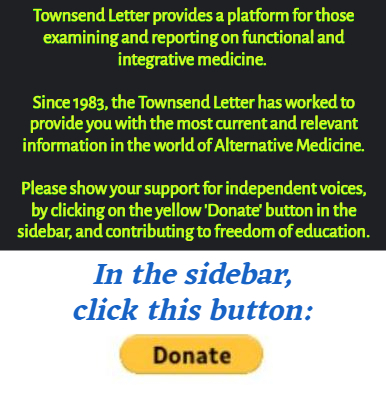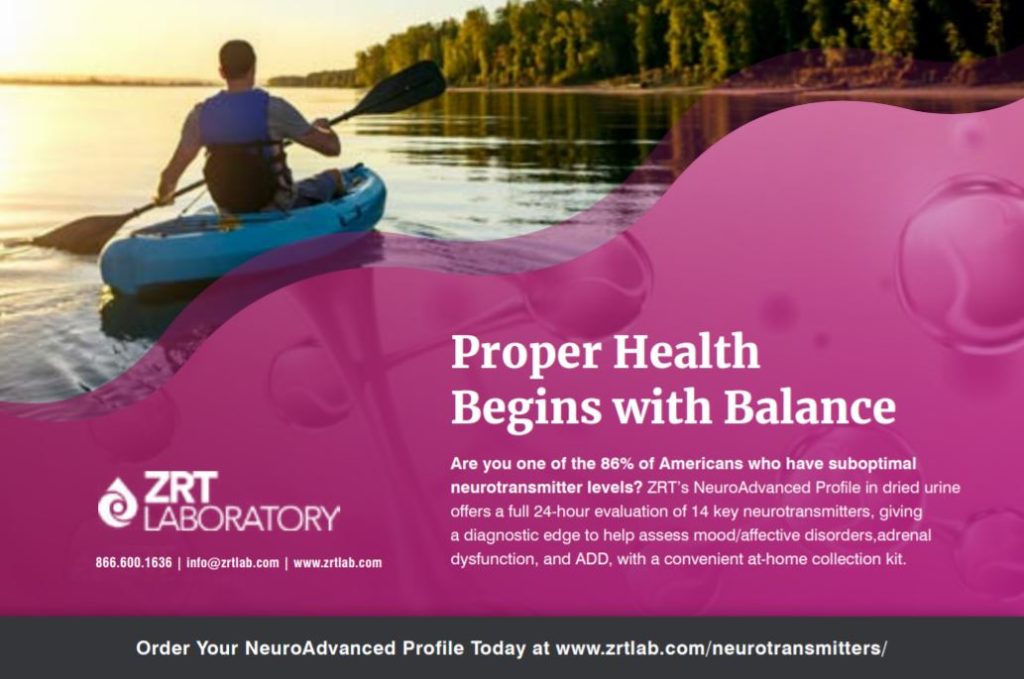…article continued:
In a double-blind study of 21 males suffering from ED, patients received 120 mg of Pycnogenol or placebo daily. After three months, Pycnogenol significantly improved the symptoms of ED from moderate to mild stage. Perhaps more importantly, a significant increase in plasma antioxidant activity was noted among those who received Pycnogenol, while no such benefit was found in those who received placebo. The Pycnogenol group further enjoyed reductions in total cholesterol and LDL-cholesterol levels (from 5.41 to 4.98 mmol/L and from 3.44 to 2.78 mmol/L, respectively). (No significant changes in triglycerides or HDL were observed.) These findings suggest that Pycnogenol may not only treat ED but may also temper some of the more serious vascular changes that succeed it.61
In another study of 40 males, 25 to 45 years of age, a combination of L-arginine and Pycnogenol significantly outperformed Pycnogenol alone, helping 80% of men (and, after another month of the study, 92.5% of men) achieve a normal erection – as compared to only 5% of men who benefitted from Pycnogenol alone. Pycnogenol was given at a dose of 40 mg one to three times daily, with L-arginine at a dose of 1.7 g daily.60 (It is worth noting that the minimum effective daily dosage of L-arginine as a standalone treatment of ED may be 3 g,62 though this study suggests that lower doses may be used within the milieu of co-treatment with Pycnogeol.)
In a similar trial of 50 males, L-arginine (3 g/day) plus Pycnogenol (80 mg/day) restored normal erectile function after just one month of supplementation. Sperm quality improved in the men who took this combination and their testosterone levels increased significantly. The men also reported a doubling in their sexual intercourse frequency.63
Glutathione and Other Antioxidants
Supplementation with L-citrulline and GSH has also been shown to synergistically increase NO levels.64
In addition to providing thiols for the formation of S-nitrosoglutathione, GSH also affects the NOS enzyme function. In a GSH-depleted environment, NOS becomes uncoupled, resulting in the production of toxic superoxides instead of salubrious NO. Endothelial NOS (eNOS) uncoupling has been implicated in numerous conditions marked by vascular endothelial dysfunction, including heart failure, ischemia/reperfusion injury, hypertension, atherosclerosis, and diabetes.65
As the master antioxidant of the body, GSH strongly protects against the oxidative stress associated with endothelial dysfunction. Like other antioxidants, GSH may prevent eNOS uncoupling by scavenging free radicals, mitigating certain radical-generating pathways, maintaining the optimal ratio of reduced to oxidized glutathione, and protecting the endothelium against damage by toxic metabolites.66
GSH and other antioxidants can thus prevent oxidative stress, ameliorate vascular endothelial dysfunction, and stave off cardiovascular disease (among other chronic ailments).66
DHEA
The steroid hormone precursor dehydroepiandrosterone (DHEA) not only augments hormone production, but also positively affects eNOS. Supplementation with DHEA may thus further support endothelial health.67 A systematic review of 38 trials found that DHEA improves various aspects of sexual health in both males and females, including sexual interest, sexual frequency, lubrication, arousal, pain, and orgasm.68
Carnitine and Taurine
Carnitine and taurine have been shown to support NO production and vascular health. Specifically, propionyl-L-carnitine (PLC) has been observed to stimulate NO production and facilitate the delivery of free fatty acids into the mitochondria.69 When administered alongside acetyl-L-carnitine, PLC enhances the efficacy of sildenafil in treating the symptoms of ED in men who have undergone bilateral nerve-sparing prostatectomy.70
Taurine also increases NO, likely by decreasing asymmetric dimethylarginine (ADMA), as an inhibitor of NO synthesis.71,72
Meditation
Beyond erectile function and blood pressure, NO’s benefits include blood clot prevention, immune function enhancement, and nervous system support.7 NO may also contribute to the relaxing effects of meditation and mindfulness practice—and mindfulness practice may likewise enhance NO production.73 In one study, for example, experienced meditators were found to have lower levels of subjective stress and higher nitrate and nitrite levels.9 This finding may be added to the long list of reasons to recommend meditation and other mindfulness-based practices to those with ED and other cardiovascular ailments.
Exercise
Sedentary lifestyle is a significant risk factor for both ED and cardiovascular disease.9 Physical activity is known to increase vascular NO levels and improve vascular function,74 which explains at least in part why exercise is hailed as the lifestyle factor most strongly correlated with erectile health.74,75
A 2018 systematic review of 10 studies concludes that moderate to vigorous aerobic exercise four times weekly for six months improves erectile function in men who have ED caused by sedentary lifestyle, obesity, hypertension, cardiovascular disease, and/or metabolic syndrome.9 Considering that exercise helps with a wide array of other health conditions, physical activity should be a basic treatment guideline for just about every patient.
Conclusion
During sexual arousal, the vessels of the penis rely upon nitric oxide to help blood—and the oxygen and nutrients it carries—engorge the penis, resulting in tumescence. Erectile dysfunction may therefore represent poor endothelial health and a deficit of NO in many cases—and thus serve as a warning sign of more serious vascular ailments to come.

Because there is no standard lab test for assessing NO levels,76 it is important for healthcare providers to make astute clinical assessments of their patients’ cardiovascular status when labs and imaging fall short.
Simple, natural strategies and supplements—like oral health, digestive hygiene, green vegetables and beetroot, L-arginine, L-citrulline, glutathione, DHEA, carnitine, Pycnogenol, meditation, and exercise—may well serve the men who suffer from erectile dysfunction. Even in the context of testosterone replacement and phosphodiesterase inhibitor prescription, nitric oxide support may further improve sexual performance and safeguard against more serious vascular disease.






